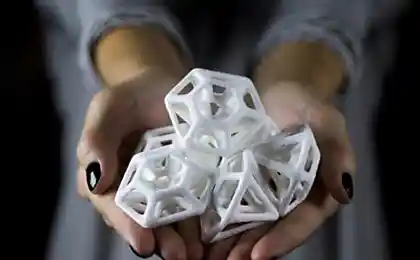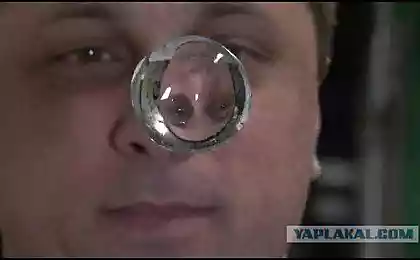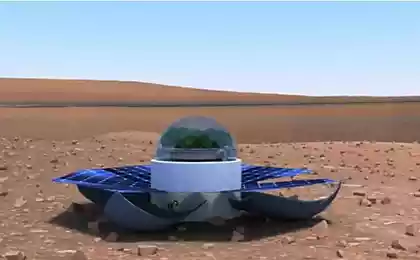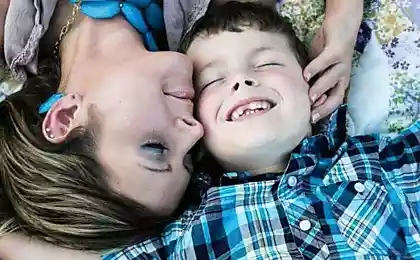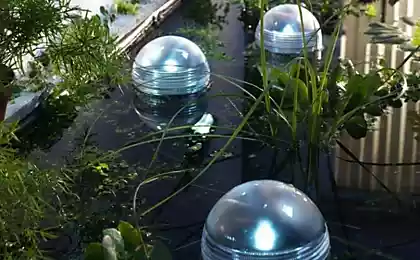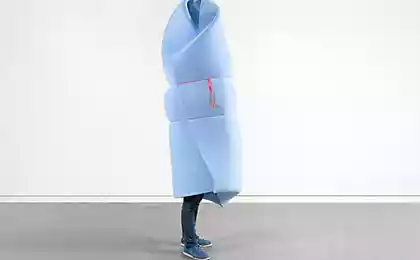1122
Facts about astronauts
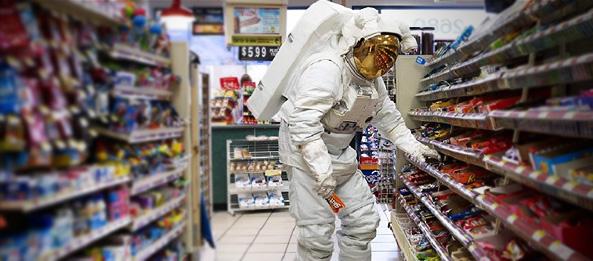
On the ISS, it's not like on Earth. Of course, the same people, the planet, which can be seen from the window, too, ours, dear. But here the conditions in outer space, in complete weightlessness, completely change the life of astronauts.
In one day you can see 16 sunrises
Yes, in a low orbit the sun rises and sets every half hour, so sleep in this cycle is almost impossible. In order to establish a life of the ISS team was established regular 24-hour system, based on the so-called "average" Greenwich Mean Time. This is the time zone that lies somewhere halfway between Moscow and Houston. By the way, the astronauts get up on a call, the signal that is sent from a MCC-ISS. Horn - melody, which selects either the astronaut or his family.
In space, the person becomes higher
That's right, because of the lack of attraction of the Earth, spine slightly lengthened, and you get more than about 5-8 centimeters. Unfortunately, this is not very good, and this "growth" is accompanied by various complications. For example, it may hurt the back, or infringe upon the nerve. Anything can happen.
Astronauts do not snore
The man who snored on Earth, in space will not snore. This is because it is the force of attraction causes snoring. In the space marked only a few cases of snoring sleeping astronauts. By the way, some other abnormalities of sleep also disappear in conditions of weightlessness.
Salt and pepper have to be mixed with water
Of course, the seasoning of the astronauts - in liquid form. How do you imagine salty or peppery food in weightlessness? So you have to create a variety of wet spices that enhance the taste of foods from the diet of astronauts. Otherwise it would use seasonings big problem.
The longest period of stay in space - 438 days
The longest time spent in space Russian cosmonaut Valeri Polyakov. He remained on board the space station "Mir" 438 days (14 months). His mission ended in 1995.
Almost every astronaut space suffers illness
Yes, it happens. Too many astronauts during the first days in microgravity experience all the unpleasant sensations associated with the manifestation of space sickness. This "disease" is manifested in the loss of orientation, that person ceases to feel the position of the hands and feet. Some general constantly feel upside down.
According to statistics, every second astronaut experiencing discomfort associated with the manifestation of the "syndrome of adaptation to space." Yes, there is such a name. But everything is good in a few days - the discomfort go away.
On Earth, the astronauts difficult to adapt to gravity
Upon returning to Earth people have to re-adapt to our conditions. Particularly affected astronauts due to the fact that simply can not get used to falling things. They have learned that objects float freely in the air, and subconsciously continue to expect the same on Earth. And so it turns out that the astronaut can try to keep the cup in the air, forgetting that she now will fall and break.



